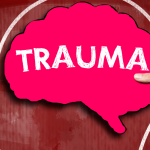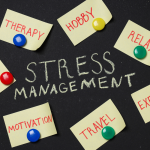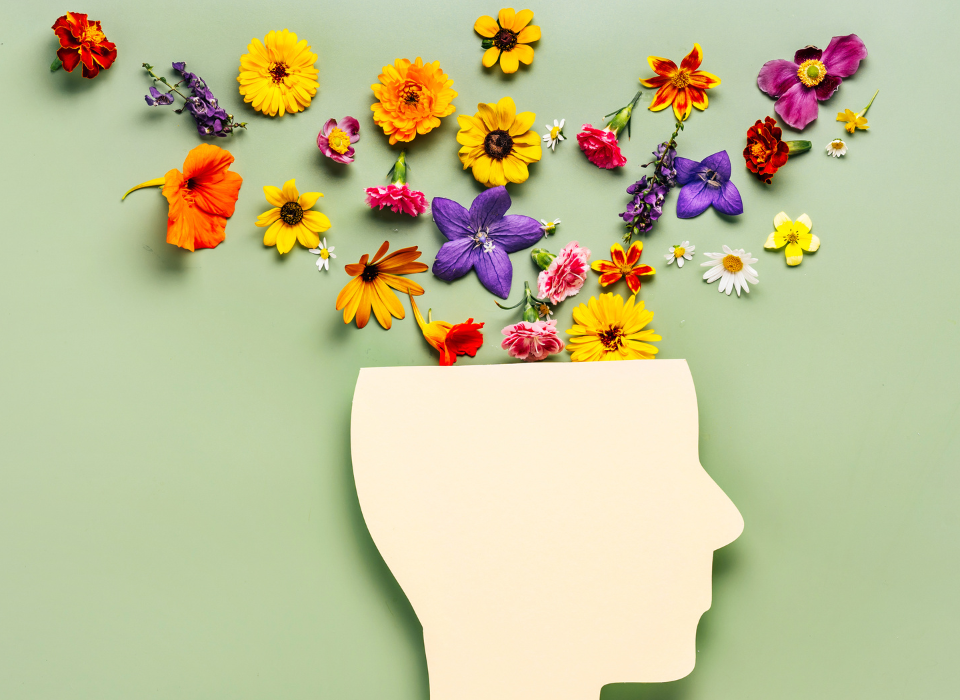
What Is a Trauma Response? Understanding the Body and Mind’s Reaction to Trauma
March 19, 2025
The Benefits of Stress Management: Why Taking Control of Stress is Essential for Mental Health
April 2, 2025
Recovery from an eating disorder, mental health condition, or perinatal mental health struggles is a journey that requires continuous effort, support, and self-compassion. One of the most crucial aspects of this journey is developing and practicing coping skills to manage stress, emotions, and triggers. But what are coping skills? Coping skills are strategies and techniques that help individuals healthily handle difficult emotions, stressors, and challenging situations. By integrating healthy coping skills into daily life, individuals in recovery can build resilience, enhance emotional regulation, and prevent relapse.
Why Are Coping Skills Important?
Coping skills provide a structured way to deal with difficult emotions, making recovery more manageable. Without adequate coping mechanisms, individuals may turn to unhealthy behaviors—such as disordered eating habits, self-harm, or substance use—to cope with stress. Learning and practicing examples of coping skills can empower individuals to navigate life’s challenges sustainably and positively.
For individuals recovering from an eating disorder, coping skills can help manage food-related anxiety, body image concerns, and emotional eating. For those struggling with mental health conditions like depression or anxiety, these skills can reduce the intensity of symptoms and promote emotional stability. In the case of perinatal mental health, coping skills can support new parents in managing postpartum depression, anxiety, and the overwhelming emotions that come with parenthood.
Healthy Coping Skills to Practice at Home
While therapy and professional support are vital to recovery, individuals can incorporate various coping skills into their daily routines. Here are some effective coping strategies:
1. Mindfulness and Meditation
Practicing mindfulness involves staying present and accepting thoughts and feelings without judgment. Meditation can help reduce stress, improve emotional regulation, and enhance self-awareness. Simple mindfulness exercises, such as deep breathing or guided meditation, can be incorporated into daily life to foster a sense of calm and control.
2. Journaling
Writing down thoughts and emotions is an excellent way to process feelings, identify patterns, and track progress in recovery. Journaling can help individuals reflect on triggers, acknowledge achievements, and better understand their emotions.
3. Movement
Moving your body is a powerful tool for mental and physical well-being. Yoga, walking, dancing, or strength training can release endorphins, reduce stress, and improve self-esteem. It’s important to choose activities that feel enjoyable rather than punishing.
4. Breathing Exercises
Practicing controlled breathing techniques, such as the 4-7-8 method (inhale for four seconds, hold for seven, exhale for eight), can help regulate emotions, reduce anxiety, and promote relaxation.
5. Creative Outlets
Engaging in creative activities like painting, drawing, music, or crafting can be a positive distraction and an expressive outlet for emotions. Creative expression can be particularly helpful in managing stress and finding joy in daily life.
6. Connecting with Support Systems
Recovery can feel isolating, but having a strong support system is essential. Reaching out to friends, family, or support groups can provide encouragement and a sense of belonging. Therapy groups, online communities, or peer support groups can also be valuable.
7. Setting Healthy Boundaries
Learning to say no, prioritizing self-care, and avoiding toxic environments or conversations can protect emotional well-being. Boundaries help individuals stay focused on recovery and prevent unnecessary stress or triggers.
8. Practicing Gratitude
Focusing on the positive aspects of life, no matter how small, can shift perspective and improve mood. Keeping a gratitude journal or taking a few moments each day to reflect on what went well can be incredibly beneficial.
9. Engaging in Self-Compassion
Being kind to oneself is crucial in recovery. Practicing self-compassion means acknowledging struggles without judgment and treating oneself with the same kindness offered to a friend. Positive affirmations and self-care routines can reinforce self-love and acceptance.
Building a Coping Skills Toolkit
A helpful way to ensure consistency in practicing healthy coping skills is to create a coping skills toolkit. This can be a physical box or a digital list of strategies that work best for each individual. Some items to include:
- A journal and pen
- A list of supportive contacts
- A playlist of calming music
- Guided meditation or relaxation apps
- Art supplies
- A gratitude list
- A small stress ball or fidget tool
- A schedule of self-care activities
The Power of Practicing Coping Skills
Recovery is not a linear process; setbacks and challenges will come along the way. However, consistently practicing coping skills can provide the stability and emotional resilience needed to navigate difficulties without reverting to harmful behaviors. When coping skills become second nature, they serve as a protective barrier against stressors, ultimately supporting long-term healing and well-being.
By integrating examples of coping skills into daily routines, individuals recovering from eating disorders, mental health challenges, or perinatal mental health struggles can cultivate a more balanced and fulfilling life. Progress takes time, and every small step towards healthier coping is a victory worth celebrating.
_________________________________________________________________________________
Looking for treatment for an eating disorder, anxiety, depression, trauma, or postpartum mood disorder?
Evolve Counseling Services is a specialized team of Licensed Therapists providing treatment in Paoli.



